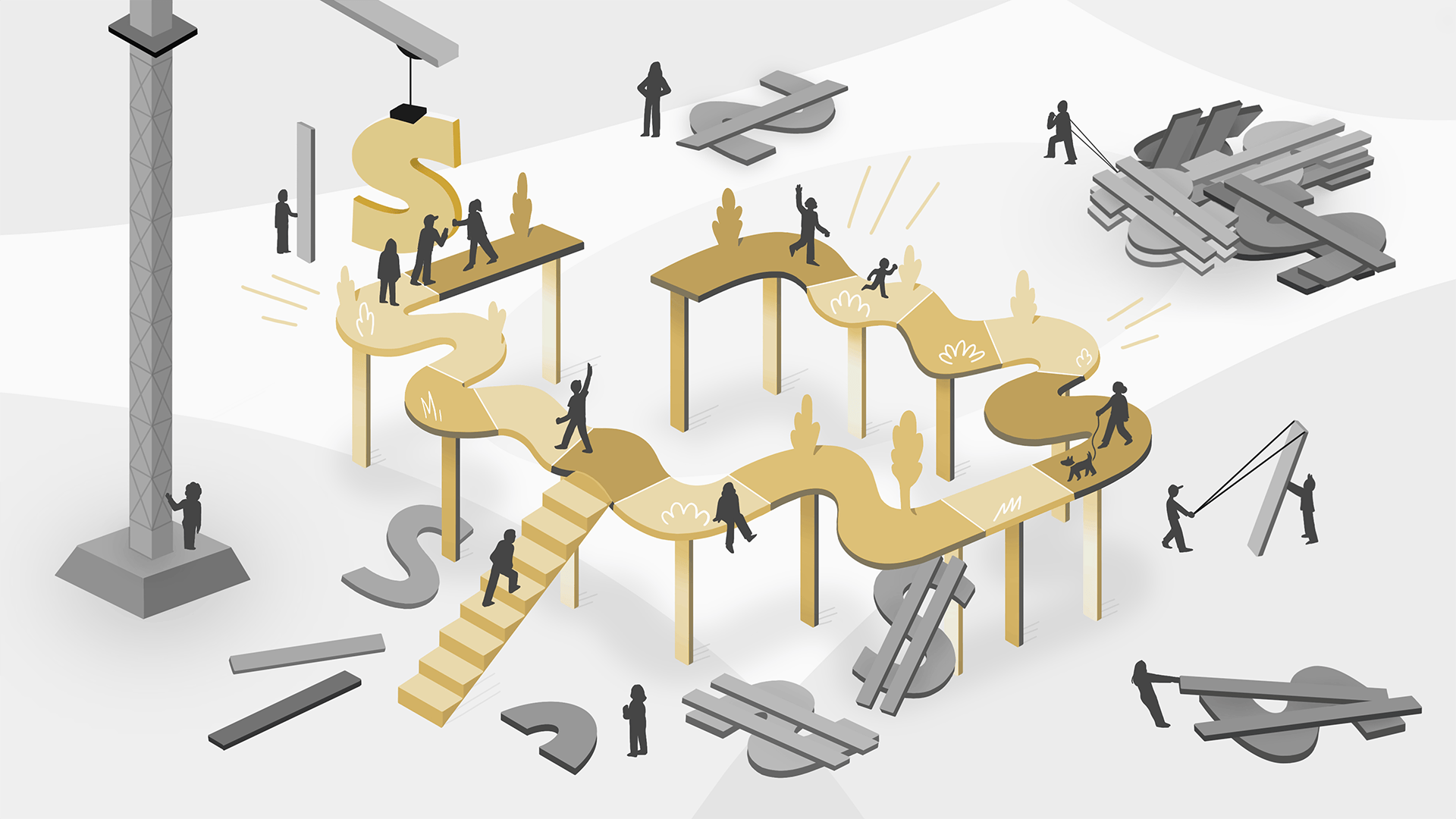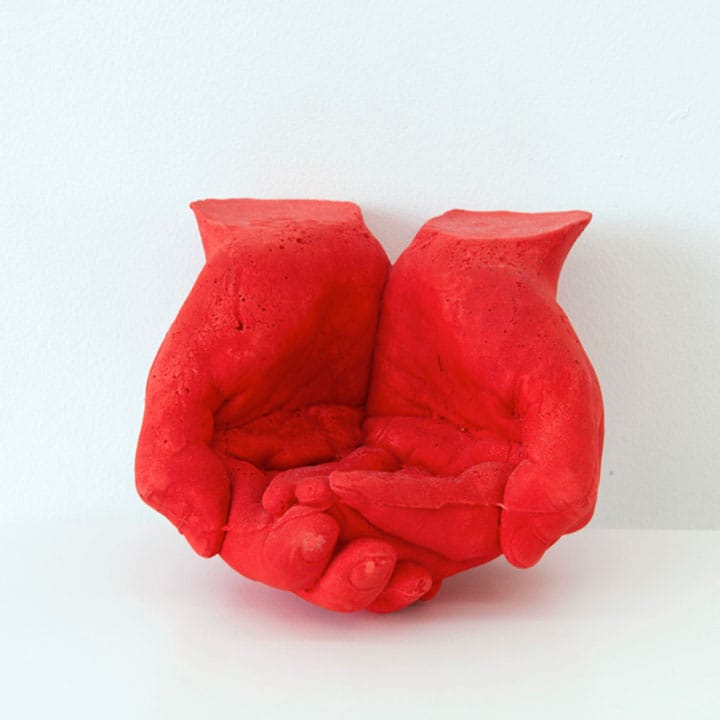
In collaboration with our friends at FNDR, we are excited to share FNDR’s Corner – a weekly series of business and cultural provocations that encourages everybody to think like a Founder.
You have heard the expression before, “They were living a life they couldn’t afford!”
Our world has been living for some time through a period of forbearance – indulged beyond our credit, we have become detached from not only our sense of reality but more critically our sense of humanity. We have built an economy on status as if it were not enough to satisfy ourselves. Rather we aspired to create a bloated planetary economy that would glow universally beyond our own atmosphere and time.
We have created an unequal situation where those that have feel like they should apologize and those that don’t feel stigmatized. We have built a social and economic model that is not so much designed to sustain us as it is to judge us. Our current model is unaffordable economically, socially and planetary. The bottom has dropped out and the top has become unconsciously untethered. It is no longer enough to create models that sustain; instead we must create ones that allow all to thrive. We need to rebuild with an Affordable Culture in mind.
An affordable culture doesn’t make the unrealistic demand for everything, and everyone to be equal but rather it requires that the satisfaction of the quality of our needs is affordable. The key word here is “Quality’ that delivers a quality of life for all. Affordability needs a broader definition than just cost: redefining what “can I afford this” means.
The Four Pillars of an Affordable Economy
- A New Value System: One built not on the lowest common denominator of surviving but rather on the highest common factor of thriving. By redistributing a global corporate idea to a local community initiative where the focus is on thriving communities not companies alone. An in-built care system built through proximity not driven purely by profitability.
- Access To All Without Judgment: Branding becomes a price point not a barrier to access. Creating a new market place where everyone can access a quality product, and/or the experience they desire. We are already seeing with brands such as Italic and Beauty Pie a democratization of products through direct to consumer unbranded experiences. (Pay for the product not the brand.)
- Conscious Choice: For the most part today’s consumer is a victim of the system. Social engineering and lack of transparency leave the consumer powerless while targeted marketing through social media makes people vulnerable and exposed. We need to reconnect and redesign with a stakeholder mentality. The stakeholder has a vested interest and shops knowingly, understanding that their purchase is power, not an expense but rather an investment that can have a return.
- A Shock Absorber: How do we design for bearing up not forbearance? What Covid-19 exposed was zero flexibility in the economy to deal with an unexpected occurrence. Even as we sit in the middle of Covid the markets show a reflection of a situation not based on our reality but on inflated market liquidity. Our future markets, not market, need to more closely reflect our economic reality through local diversity and community autonomy.
The future of our economic well being is dependent on building many healthy and local micro economies that give root to a more stable and honest global economy, able to weather global shifts by lessening global dependency.
An affordable culture is the root of a future Human Economy not a Global Corporate Economy.
FNDR works with the Founders of the world’s most transformative companies, bringing voice to Founders’ vision and defining culturally relevant, sustainable businesses. They are in direct conversation every week with the leaders who are building the next generation of business. They are fascinated by the shared themes and challenges seen across categories, and what it takes to lead a company intentionally.


